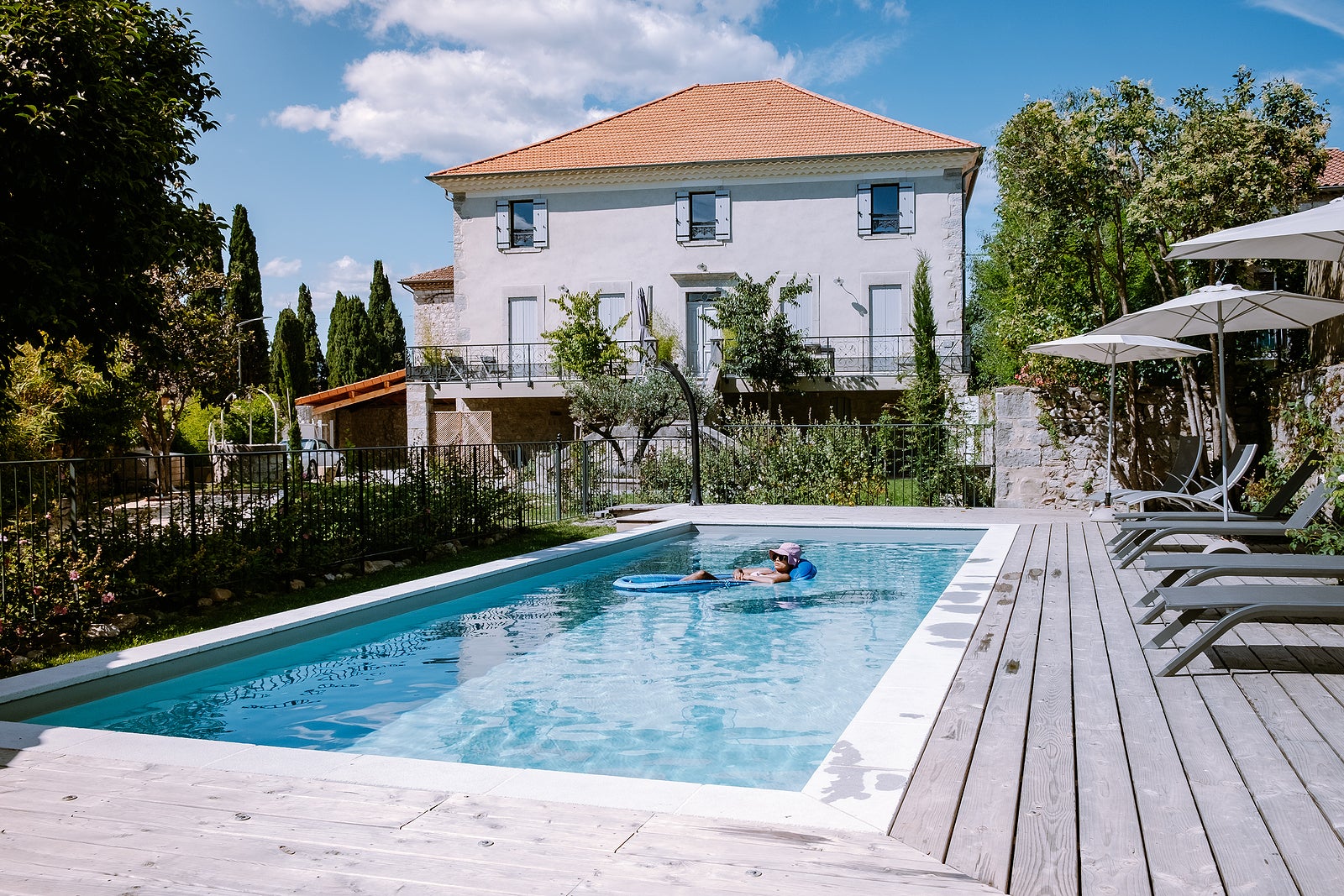
Sipping wine while watching a coppery sunset over a lake or snuggling up to a fire after a long day of skiing will entice anyone to purchase a recreational home, whether for business investment or personal enjoyment purposes.
Although owning a recreational property near or around Nanaimo, entails a significant financial commitment (think maintenance, additional taxes, and mortgages), the appeal is tremendous. According to a 2019 survey by VRBO, 42% of second-home buyers stated they bought the home specifically to use as a short-term rental.
What are the Pros & cons of owning a recreational property?
Pros:
You make extra income
The most important benefit of owning a vacation property is that you make money. When you’re not using your recreational home, you can offset your expenses by renting it out. This can allow you to make more money in less time than a traditional income property (such as a student rental or supplementary suites), especially during peak seasons.
For example, on average, Airbnb hosts earn $900 monthly, with hosts in the most in-demand areas earning even more than four times that amount. That’s just a single platform.
Equity Building
Along with the principal residence, a vacation property creates equity. Of course, the amount is contingent on the same variables as the primary residence—any realtor will tell you that location is everything. The equity you accumulate can be a significant boost to your retirement income. If you have paid off the mortgage, a recreational home could be a viable alternative for retirement living.
With a recreational property other than your official residence, you’re expanding your wealth by raising the equity in the property. You can also utilize the equity from one to pay off the other, or you can combine the equities in both properties and choose to retire in a completely different and better home than the current two.
All the conveniences of a home
Buying a creational property can provide you with all the conveniences of a home. After all, it is a home away from home. You are not “living out of a suitcase” when you visit your holiday home. You may prepare your delicious meal the way you like it, shop for your favorite shampoo, and clean your clothes.
In contrast, you are limited in how comfortable you can feel and what you can do in a hotel. But, it’s your vacation home, so decorate and enjoy it any way you want!
Cons
Added expenses
All other bills related to your second residence are included in your household budget. Your insurance, utility costs, furniture, taxes, and mortgage have all been increased. As time passes, upkeep and maintenance can be a strain on resources. Therefore having a large financial buffer is a must.
Lack of variety
Visiting the same location year after year might begin to bore. A recreational home for sale can be appealing to a buyer who knows themselves well enough to realize that they prefer the same routine year after year. However, a person who enjoys traveling to new areas may become bored with the same destination after a while, and paying for the upkeep of a vacation property will divert income which one would have otherwise used to visit more diverse destinations.
Final thoughts
A recreational property can be an excellent way to build long-term wealth and even earn a steady income. It can, however, come with several inconveniences and costs. Study the local property regulations and the market you’re buying into, and ensure you have the resources and time to make your recreational property a worthy investment before you commit to it.
4670 Views












